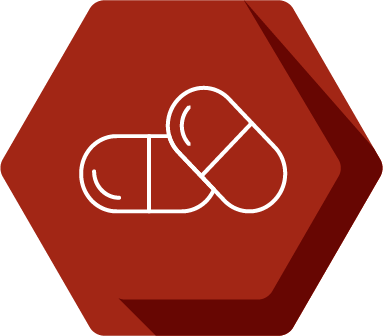Jiyoung Song

Pronouns: she/her/hers
Research Mentor(s): Melissa Dejonckheere, Assistant Professor
Research Mentor School/College/Department: Department of Family Medicine, Michigan Medicine
Presentation Date: Thursday, April 22, 2021
Session: Session 3 (1pm-1:50pm)
Breakout Room: Room 12
Presenter: 3
Abstract
As most of us recognize today, various psychological factors go hand in hand when managing physical health. In various illnesses and diseases, not only is it important to physically care for the patient, but to take care of their mental health and other variables as well. For type 1 diabetes (T1D) in adolescent and young adults, this study aimed to see what these other aspects are so that patients can better manage T1D. Therefore, this research study aims to improve tools to screen the psychological adjustment (including mental health, quality of life, and coping) of youth with T1D. Better screening tools may allow both medical and mental health providers to provide more individualized care to patients. Participants were recruited who were 14-24 years old with type 1 diabetes via phone and email based on the data provided by the diabetes clinic under the U-M hospital. Questionnaires were administered (via Qualtrics) regarding their diabetes adjustment, stress, etc., as well as their response to the COVID-19 pandemic. In addition to questionnaires (quantitative), we will conduct interviews as well (qualitative). After compiling and analyzing the questionnaires (with various scaling methods) and results from the interviews, we expect to find results that are helpful in developing and improving tools to screen the psychological adjustment of youth and young adults with T1D. Our research will be valuable because it will help health care providers better care for teens with T1D in the future.
Authors: Jiyoung Song, Melissa DeJonckheere, Dana Albright
Research Method: Clinical Research





